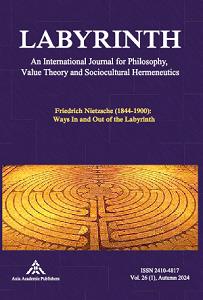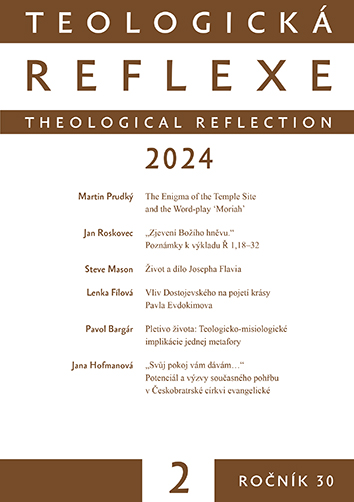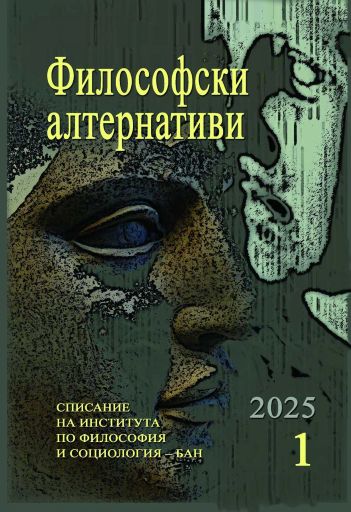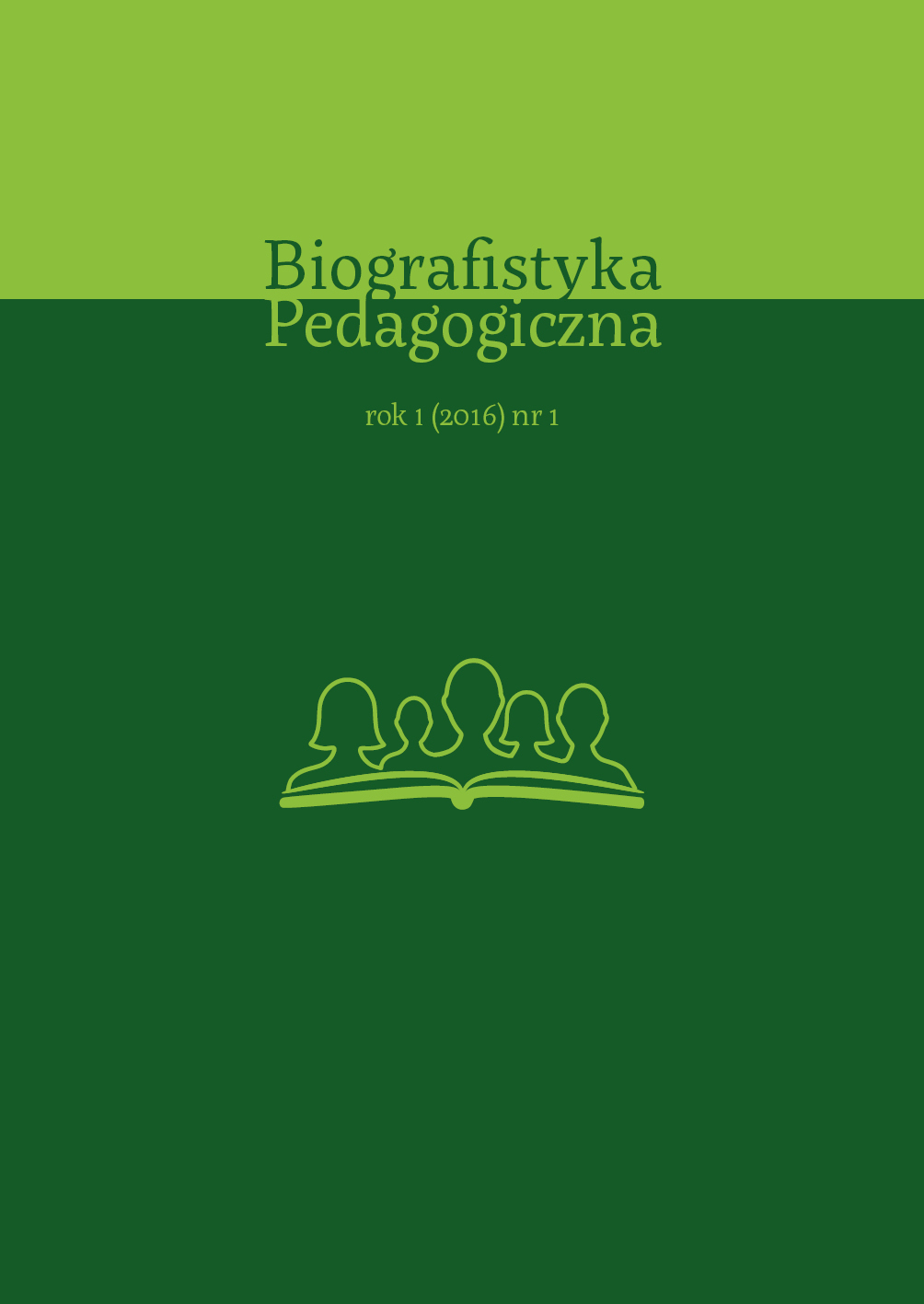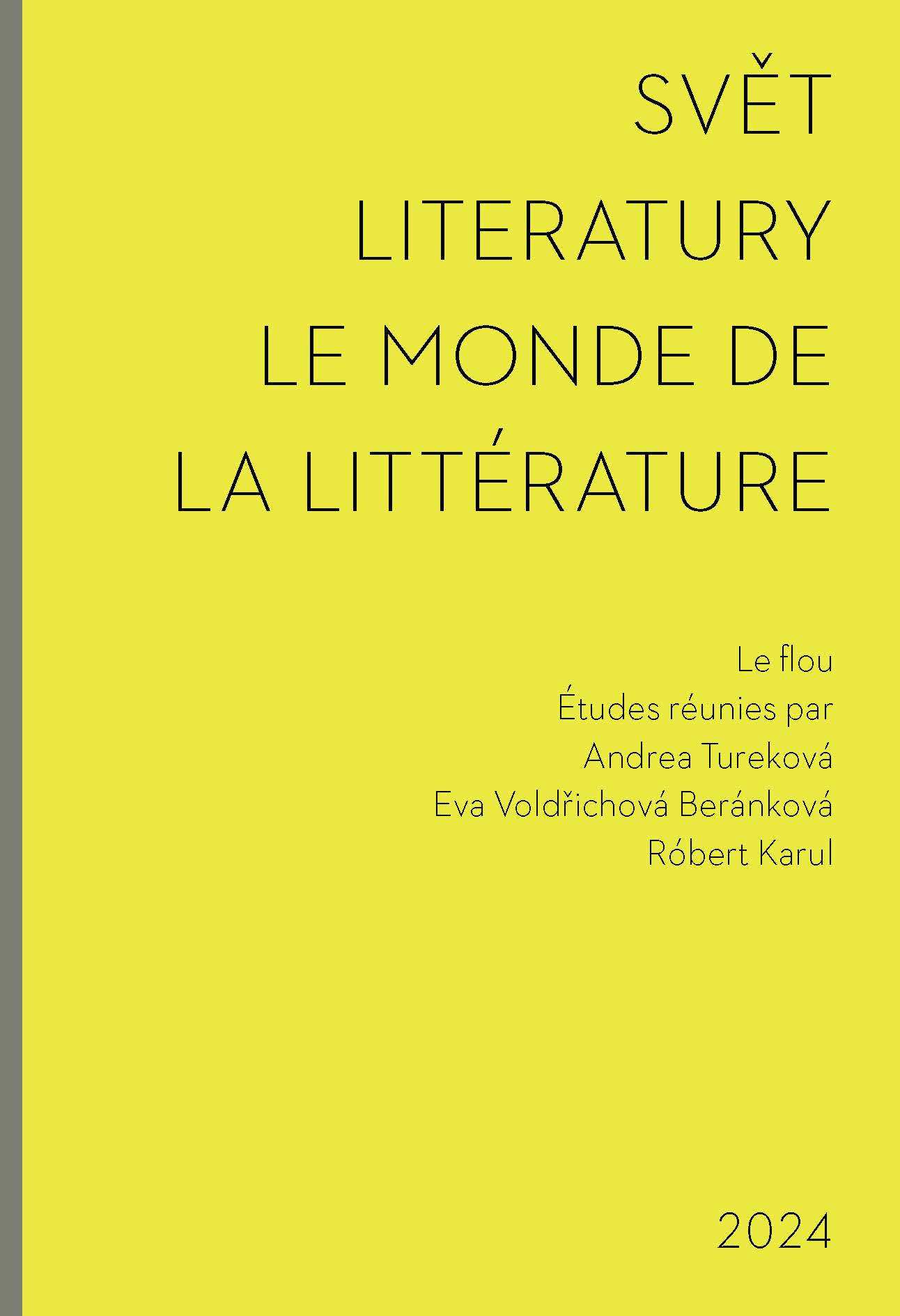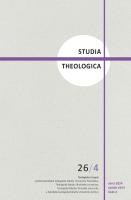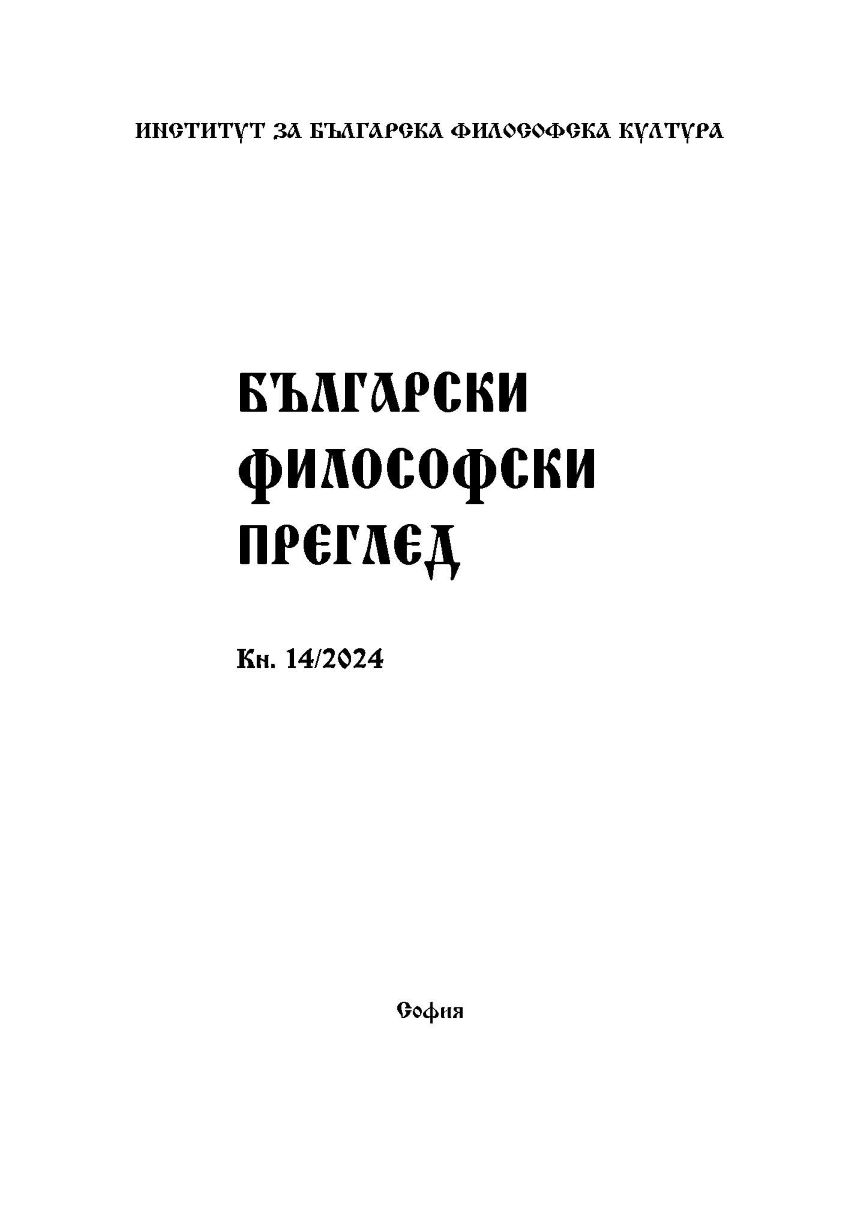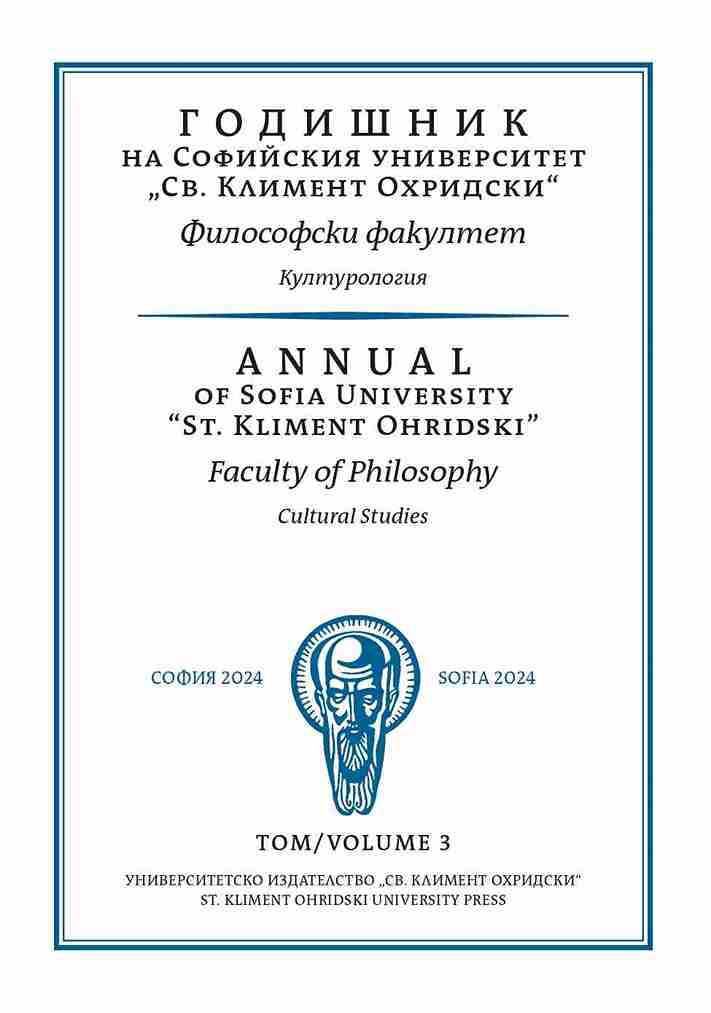
How to Defend the Law of Non-Contradiction without Incurring the Dialetheist’s Charge of (Viciously) Begging the Question
According to some critics, Aristotle’s elenctic defence (elenchos, elenchus) of the Law of Non-Contradiction (Metaphysics IV) would be ineffective because it viciously begs the question. After briefly recalling the elenctic refutation of the denier of the Law of Non-Contradiction, I will first focus on Filippo Costantini’s objection to the elenchus, which, in turn, is based on the dialetheic account of negation developed by Graham Priest. Then, I will argue that there is at least one reading of the elenchus that might not be viciously question-begging. In doing so, I will leverage, reinterpret and adjust the distinction between two senses of epistemic dependence, offered by Noah Lemos and originally based on some thoughts about George Edward Moore’s ‘proof of an external world.’ The key point of my counter-objection to recover the elenchus is to use the distinction between a necessary-condition relation between propositions (p only if q) and a grounding relation between facts (the fact that an epistemic agent S believes that p is grounded in the fact that S believes that q), where p and q are the content of S’s beliefs.
More...

